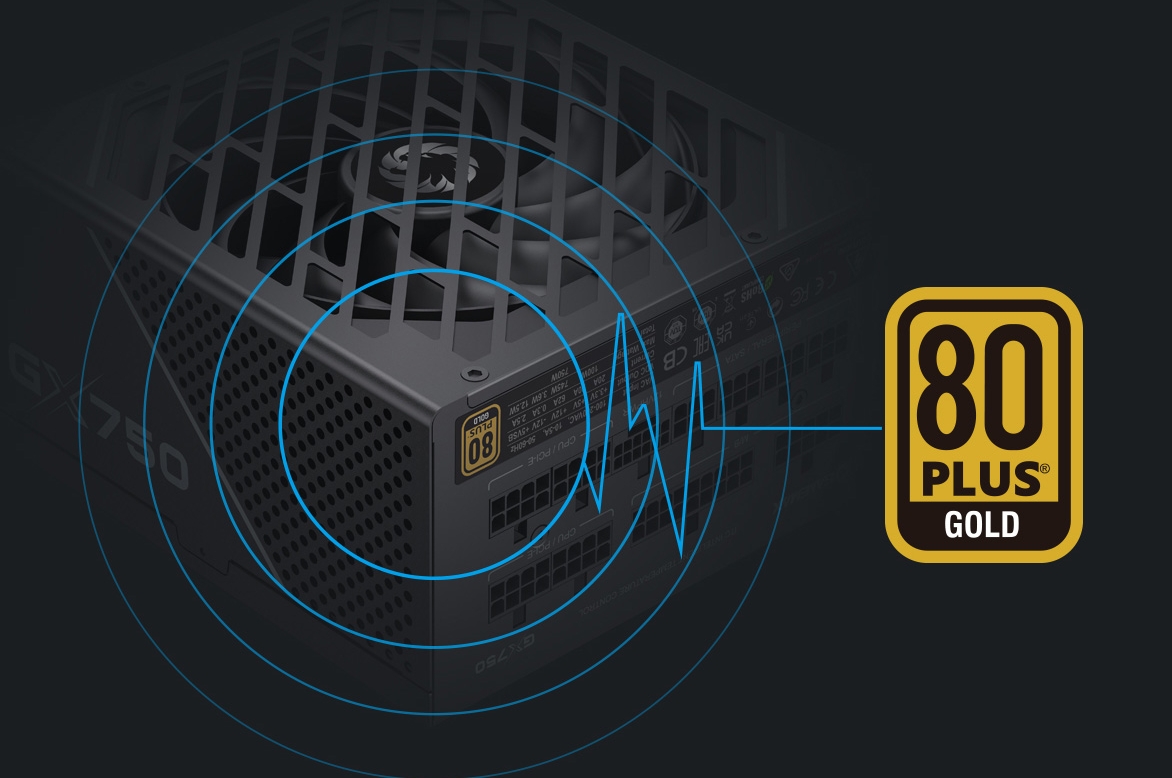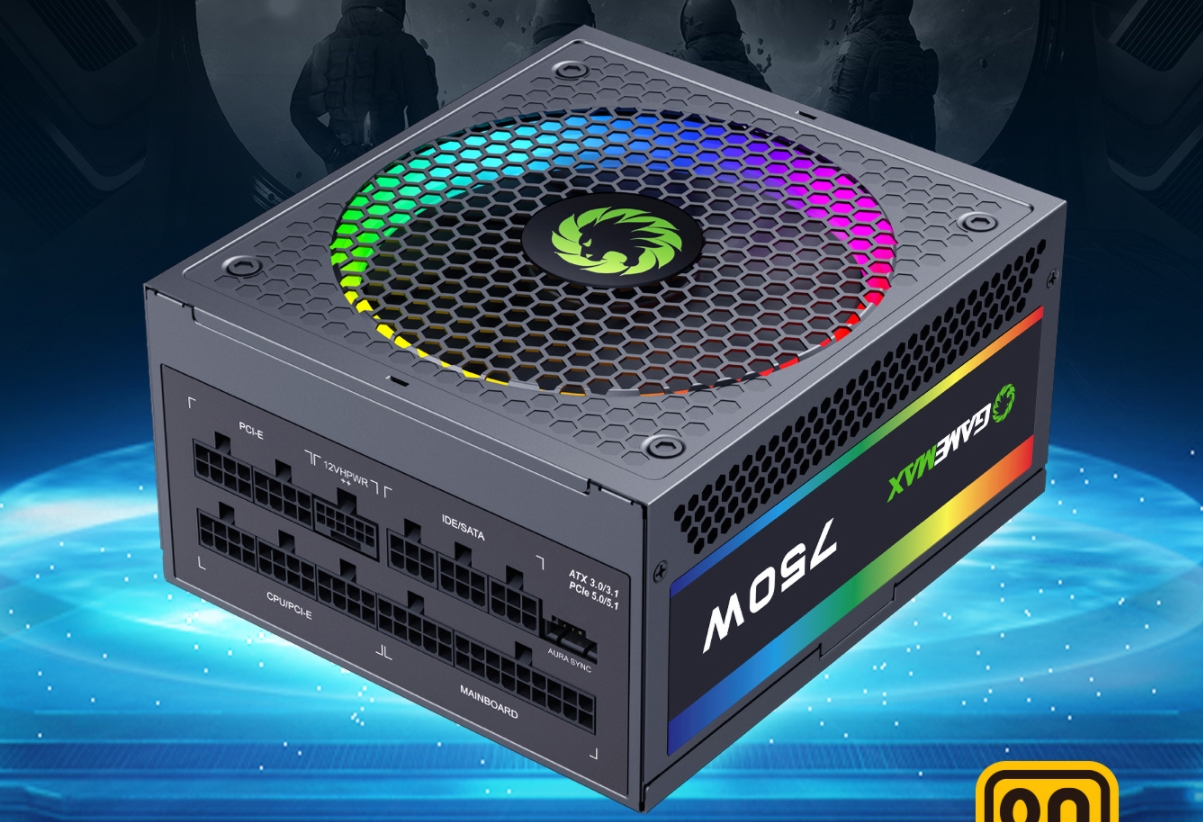When building or upgrading a gaming PC, selecting the right power supply unit (PSU) is crucial for ensuring stability, performance, and longevity. A good PSU not only provides the necessary power for your components but also protects them from electrical issues. In this guide, we’ll explore what you need to know about finding the best power supply for your gaming rig, along with essential considerations and related topics that every gamer should be aware of.
One of the first things to consider when looking for the best power supply is wattage. Wattage indicates how much power the PSU can deliver to your system. The total power consumption of your components, including the CPU, GPU, RAM, and peripherals, will help you determine the appropriate wattage.
To understand how much wattage you need, consider using a power supply calculator. Input your components (CPU, GPU, RAM, etc.), and it will provide you with a recommended wattage. As a general rule, aim for a power supply that exceeds your calculated needs by 20-30% to allow for future upgrades and efficiency.

Mid-Range Systems: 500W to 650W
High-End Gaming Systems: 750W to 850W
Extreme Performance Builds: 1000W or more
The 80 PLUS certification system evaluates the efficiency of power supplies at different loads. An 80 PLUS certified PSU operates at least 80% efficiency at 20% and 100% loads, with varying levels (Bronze, Silver, Gold, Platinum, and Titanium) indicating higher efficiencies.
Energy Savings: Higher efficiency means lower electricity bills, especially for systems that run for extended periods.
Less Heat Production: Efficient power supplies produce less heat, which can extend their lifespan and improve system stability.
Quieter Operation: More efficient power supplies often run cooler, leading to quieter fan operation.
Power supplies can be modular, semi-modular, or non-modular, affecting cable management and ease of installation:
Fully Modular: All cables are detachable, allowing you to use only the necessary cables, which helps maintain a tidy setup.
Semi-Modular: Some cables are fixed (like the main 24-pin and CPU power), while others are detachable.
Non-Modular: All cables are fixed, limiting cable management options.
Improved Cable Management: Modular designs allow for cleaner setups, which can enhance airflow and aesthetics.
Future Upgradability: Easily add or replace cables when upgrading components.
Ensure that the power supply has the necessary connectors for your components. Key connectors include:
24-Pin ATX: Main motherboard connector.
4/8-Pin CPU Power: Required for powering the CPU.
6/8-Pin PCIe: Essential for powering graphics cards.
SATA Power: Needed for SSDs and some HDDs.
Molex: Older components and some peripherals may still require these.
Before purchasing a PSU, check the specifications of your CPU and GPU to confirm the required connectors.
When choosing a power supply, consider models with built-in protection features, which safeguard your components from electrical issues. Key protections include:
Over Voltage Protection (OVP): Prevents damage from high voltage.
Under Voltage Protection (UVP): Protects against low voltage conditions.
Short Circuit Protection (SCP): Cuts power in case of a short circuit.
Over Current Protection (OCP): Limits current to prevent overheating.
Safety features are crucial for preventing hardware damage, especially during power surges or component failures. Investing in a high-quality PSU with robust protections is essential for any gaming PC.
The noise produced by a power supply can affect the overall gaming experience. Look for power supplies that utilize advanced fan technologies, such as:
Smart Temperature Control: Fans that adjust speed based on load, resulting in quieter operation during low loads.
Hybrid or Zero-RPM Modes: Some power supplies can completely turn off the fan at low loads, ensuring silent operation.
Sleeve Bearing: Typically quieter but less durable.
Ball Bearing: More durable and can handle higher temperatures, often resulting in quieter operation at higher loads.
As gaming culture has evolved, so has the emphasis on aesthetics in PC builds. RGB lighting has become a popular way to enhance the visual appeal of gaming rigs, and power supplies are no exception.
Customizable Lighting Effects: Many RGB power supplies allow users to personalize their lighting settings. Options often include static colors, breathing effects, and sync capabilities with other RGB components.
Enhanced Aesthetics: An RGB PSU can complement other illuminated components, contributing to a cohesive and eye-catching build.
Cooling Benefits: RGB power supplies often feature larger, more efficient fans that help with cooling, ensuring stable performance while providing visual flair.
When looking for an RGB PSU, consider reputable brands that offer solid performance alongside aesthetic features. Models like the GameMax RGB 750W Power Supply combine efficient power delivery with customizable RGB lighting, allowing users to create a visually stunning setup.

The price of power supplies can vary widely based on wattage, efficiency, and features. Here’s a rough guideline for budgeting:
Basic Models: $50 - $70 (suitable for low to mid-range systems)
Mid-Range Quality: $70 - $120 (reliable brands with good efficiency)
High-End Performance: $120 and above (premium features, high wattage, and efficiency)
While it might be tempting to go for the cheapest option, investing in a quality power supply is crucial for long-term reliability. A good PSU can protect your expensive components and provide stable power.
When searching for the best power supply for your gaming PC, consider reputable brands known for their quality and performance. Some of the top brands include:
Corsair: Known for high-quality PSUs with various options for all budgets.
Thermaltake: Known for innovative designs and RGB options.
GameMax: Offers stylish and efficient power supplies at competitive prices.
Before making a final decision, check user reviews and expert opinions to gauge the performance and reliability of specific models.
When choosing a power supply, think about your future upgrade plans. Opt for a PSU that offers:
Higher Wattage: This will accommodate future upgrades without the need for a replacement.
Modular Design: For easier upgrades and cable management.
Latest Standards: Look for features like PCIe 5.0 support for the newest GPUs.
As technology evolves, keeping an eye on power consumption trends for CPUs and GPUs can help you make informed decisions. For instance, next-gen components may require more power, so planning ahead is essential.
Choosing the best power supply for your gaming PC is a critical decision that impacts your system’s performance, stability, and longevity. By understanding your power requirements, considering efficiency ratings, evaluating modular options, and exploring aesthetic features like RGB lighting, you can find a power supply that meets your needs.
Investing in a high-quality, efficient power supply not only protects your components but also enhances your gaming experience. Remember to consider trusted brands and user reviews to ensure you select a PSU that will serve you well for years to come.
Whether you’re building a budget rig or a high-end gaming machine, taking the time to choose the right power supply will pay off in the long run, providing a stable foundation for all your gaming adventures.